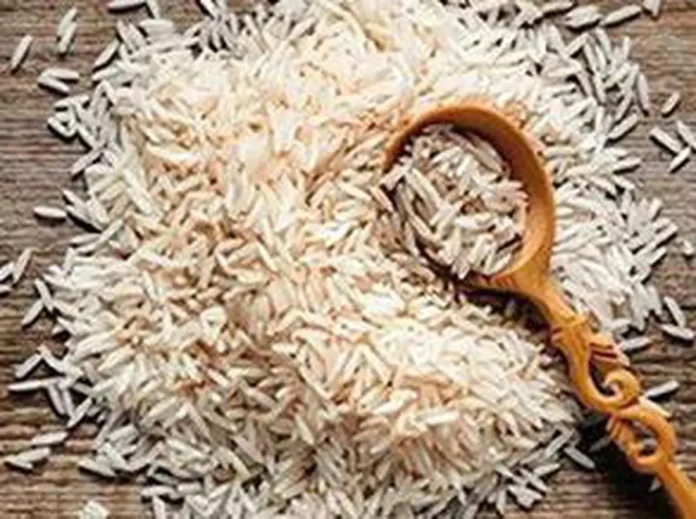Allocation of rice from FCI (Food Corporation of India) for the production of ethanol has been raised by 466 per cent during the ethanol supply year (ESY) December 2021- November 22.
To a query in Lok Sabha on the details of the quantum of foodgrains diverted from the buffer stock of FCI for the production of ethanol, Piyush Goyal, Union Minister for Consumer Affairs, Food and Public Distribution, said there is no diversion of foodgrains from the buffer stock in the Central pool.
“With a view to increasing production of fuel-grade ethanol for blending with petrol, the government enables distilleries to produce ethanol from surplus rice available with FCI,” he said.
For ESY 2020-21, the government had allocated 81,044 tonnes of FCI rice to distilleries for production of ethanol. Rice was priced at ₹20 per kg ex-FCI godown. Of this, distilleries in the country had lifted 49,233 tonnes of FCI rice for the production of ethanol during the ESY 2020-21.
During the current ESY 2021-22, the government has allocated 4,58,817 tonnes of rice for the production of ethanol at a price of ₹20 per kg ex-FCI godown. Of this, the distilleries in the country have already lifted 19,929 tonnes of FCI rice till January 27.
Wheat, rice procurement
In a separate reply to a query on the quantum of procurement of wheat, rice, sugarcane and other kharif crops, Ashwini Kumar Choubey, Union Minister of State for Consumer Affairs, Food and Public Distribution, said 433.44 lakh tonnes (lt) of wheat have been procured in 2021-22. Added to this, 601.85 lt of rice and 2996.37 lt of sugarcane have been procured in 2020-21.
On the number of farmers benefited from the procurement, he said in the reply that 49.19 lakh wheat farmers got the benefit during the rabi marketing season 2021-22 as against 43.35 lakh farmers in 2020-21. Apart from this, 1.31 crore paddy farmers got the benefit during the kharif marketing season of 2020-21 as against 1.24 crore in 2019-20.
To another query, Choubey said 426.98 lt of covered storage (owned and hired) capacity was available with FCI for storage of foodgrains as on on January 1. The stock position of FCI was at 290.46 lt as on January 1. “No food grains got rotted in FCI due to shortage of godowns in the last three years,” he said.
Cotton purchase
Replying to a separate question on whether the Cotton Corporation of India (CCI) had entered the market to purchase cotton, Darshana Jardosh, Union Minister of State for Textiles, said CCI is mandated to procure raw cotton, if prices of raw cotton fall below Minimum Support Price (MSP).
“Since market price of raw cotton has been ruling above MSP right from the beginning of the current cotton year, there has been no need for CCI to undertake MSP operations. However, CCI has deployed adequate manpower at procurement centres to keep a close watch on kapas arrivals, market rates, and to meet any eventuality to undertake MSP operations wherever required,” the Minister said.
A note in the reply said that seed cotton prices for FAQ grade are ruling much above MSP level since the beginning of current cotton season 2021-22, and farmers are getting higher prices. Thus, farmers do not require market intervention by CCI in current cotton season so far, as they are getting 65 per cent to 70 per cent higher above MSP rates by market forces itself, the note said.
The above news was originally posted on www.thehindubusinessline.com





